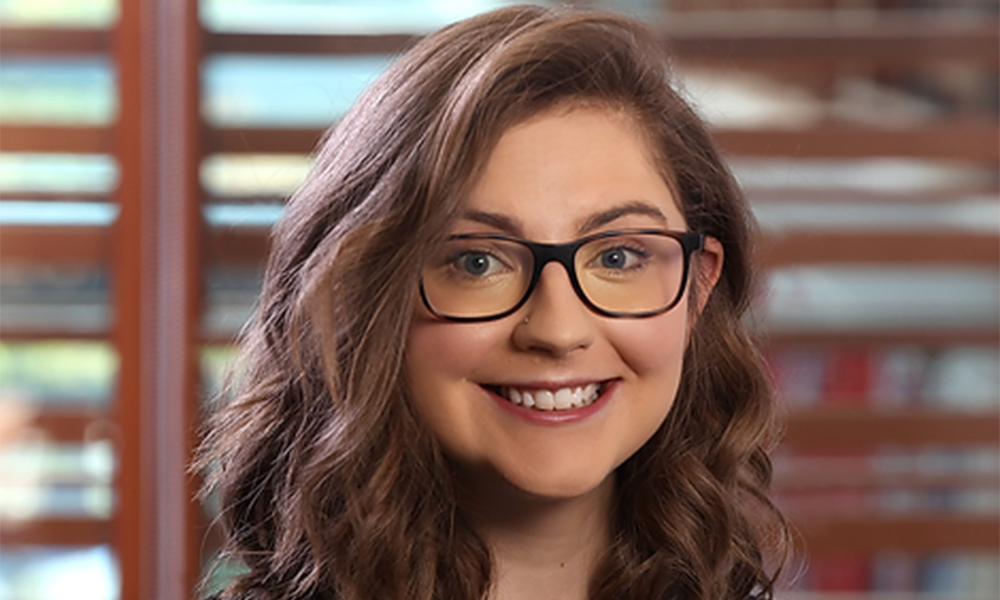Workplace safety 'the passion of my life' says rising star nominee Alyssa Grocutt

Alyssa Grocutt has a deeply personal connection to occupational health and safety. As a PhD candidate at the Smith School of Business, Queen's University, Grocutt has dedicated her life to researching the consequences of work injuries and workplace fatalities on secondary victims, a group often overlooked in safety discussions.
"When I was 11 years old, my dad was killed in a workplace safety incident," Grocutt recalls. Her father was a heavy-duty mechanic working in Fort McMurray, Alberta. This life-altering event shaped her future in profound ways.
“That's really what started my interest in safety. Even at the age of 11, I said that I wanted to do what I could to make sure others didn't have to experience similar tragedies. And so I set out to do that.” And that’s exactly what she’s doing.
The tragedy became the driving force behind her academic pursuits, making her a fervorous advocate for workplace safety. "Sometimes I think of what would I be doing if this didn't happen? And I have obviously no idea. But it's become the passion of my life and the sole focus of everything that I do," explains Grocutt.
Her research primarily focuses on the impact of workplace injuries and fatalities on secondary victims, including family members, coworkers, and leaders within organizations. Her work aims to shed light on the often-neglected emotional and psychological toll these incidents take on those who are indirectly affected.
"I think they're a bit more of a forgotten group," she says. "I was planning some research on interviewing leaders, direct supervisors, and senior managers to really identify how they're impacted by workplace fatalities or on the psychological side, emotional side."
Grocutt believes understanding the experiences of these secondary victims is crucial for improving support systems and developing resources to help them cope with the aftermath of workplace incidents.
Throughout her academic journey, Grocutt has accumulated numerous awards, scholarships, and grants. Her most recent recognition as CSEA rising star in the field holds a special place in her heart. "It felt so special to me, just being recognized for more of the safety-specific things that I'm doing," she shares. "That was very special to me and my mom as well."
Her supervisor, Julian Barling, played a significant role in her nomination. Grocutt's accomplishments include the creation of a website that bridges the gap between academia and practice. On her website, Grocutt writes concise summaries of research findings, making academic knowledge more accessible to a broader audience.
Her mission is to bridge the gap between research and practice in occupational health and safety. "I'm really interested in this knowledge dissemination or knowledge translation," she explains. "I would love to find an opportunity or create an opportunity for myself to work with academics and the research side in academia, but also working outside more in industry."
When asked about the disconnect between academia and industry, Grocutt believes there's room for improvement. "I think there is a gap," she says. "I think academic researchers don't always talk to industry practitioners and vice versa."
Despite temporarily putting some of her safety-specific studies on hold, Grocutt remains committed to her academic journey, with plans to complete her PhD in 2025.
Grocutt serves as a shining example of how personal tragedy can be transformed into a powerful force for change. Her relentless pursuit of safer workplaces and better support systems for those affected by workplace incidents is not only commendable but also inspiring. Grocutt’s journey is a testament to the resilience of the human spirit and the potential for positive change that can arise from adversity.





